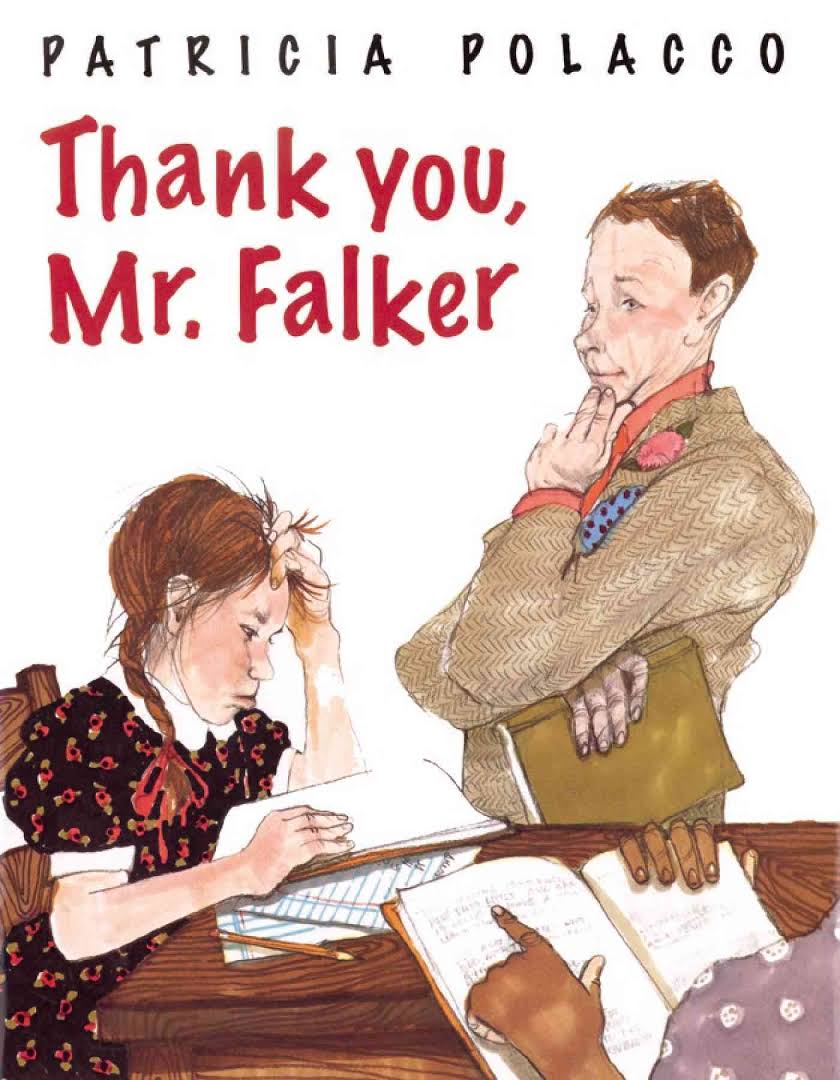Recommended Books About Dyslexia
Overcoming Dyslexia
A New and Complete Science-Based Program for Reading Problems at Any Level
Drawing on recent scientific breakthroughs, many of them in her own laboratory, Sally Shaywitz demystifies the subject of reading difficulties and explains how a child can be helped to become a good reader.
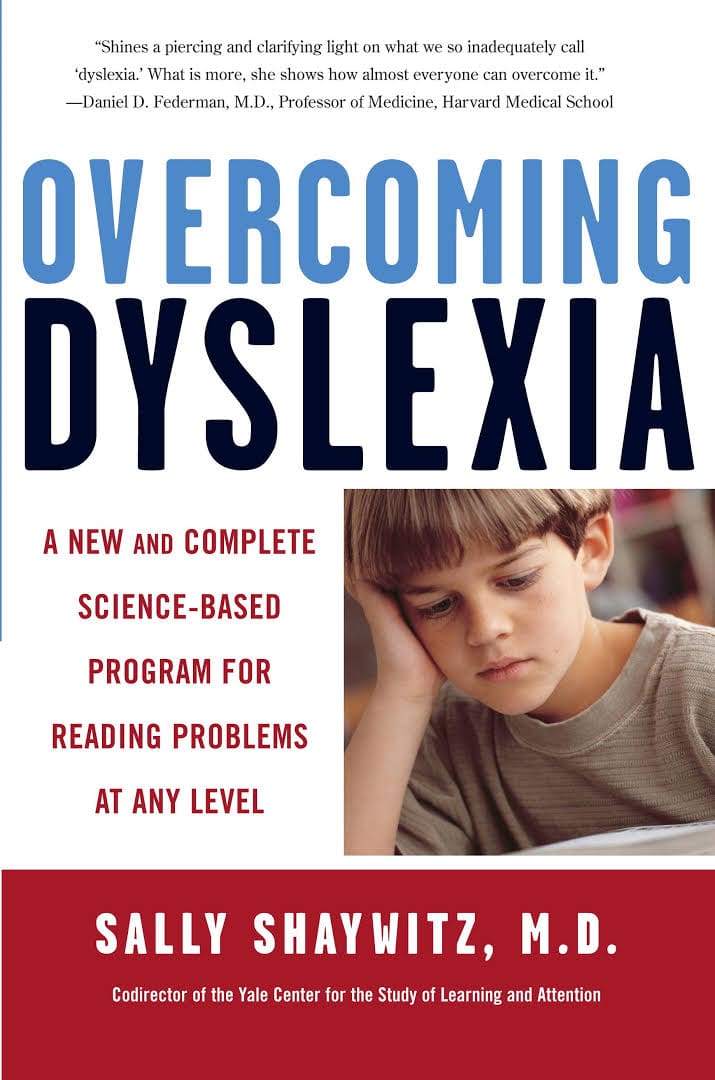
The Dyslexia Empowerment Plan
A Blueprint for Renewing Your Child’s Confidence and Love of Learning
After years of battling with a school system that did not understand his dyslexia and the shame that accompanied it, renowned activist and entrepreneur Ben Foss is not only open about his dyslexia, he is proud of it. In The Dyslexia Empowerment Plan he shares his personal triumphs and failures so that you can learn from his experiences, and provides a three-step approach for success:
- Identify your child’s profile: By mapping your child’s strengths and weaknesses and assisting her to better understand who she is, you can help your child move away from shame and feelings of inadequacy and move toward creating a powerful program for learning.
- Help your child help himself: Coach your child to become his own best advocate by developing resiliency, confidence, and self-awareness, and focusing on achievable goals in areas that matter most to him.
- Create community: Dyslexic children are not broken, but too often the system designed to educate them is. Dare to change your school so that your child has the resources to thrive. Understanding your rights and finding allies will make you and your child feel connected and no longer alone.
Packed with practical ideas and strategies dyslexic children need for excelling in school and in life, this empowering guide provides the framework for charting a future for your child that is bright with hope and unlimited potential.
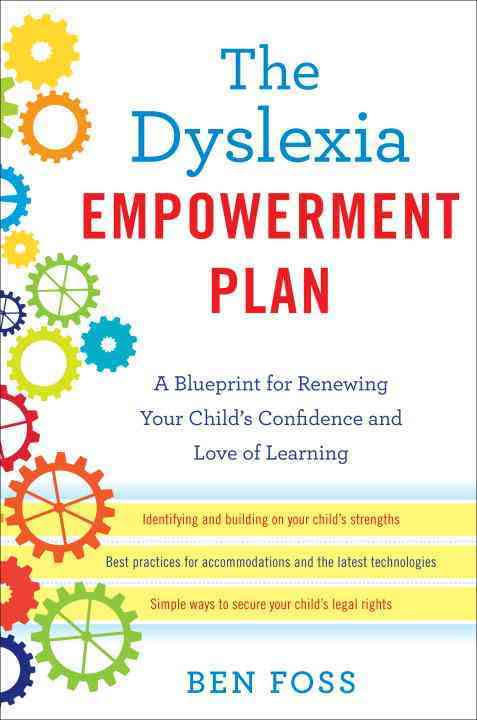
The Dyslexic Advantage
Unlocking the Hidden Potential of the Dyslexic Brain
Did you know that many successful architects, lawyers, engineers—even bestselling novelists—had difficulties learning to read and write as children? In this groundbreaking book, Brock and Fernette Eide explain how 20% of people—individuals with dyslexia—share a unique learning style that can create advantages in a classroom, at a job, or at home. Using their combined expertise in neurology and education, the authors show how these individuals not only perceive the written word differently but may also excel at spatial reasoning, see insightful connections that others simply miss, understand the world in stories, and display amazing creativity. Blending personal stories with hard science, The Dyslexic Advantage provides invaluable advice on how parents, educators, and individuals with dyslexia can recognize and use the strengths of the dyslexic learning style in: material reasoning (used by architects and engineers); interconnected reasoning (scientists and designers), narrative reasoning (novelists and lawyers); and dynamic reasoning (economists and entrepreneurs.) With prescriptive advice and inspiring testimonials, this paradigm-shifting book proves that dyslexia doesn’t have to be a detriment, but can often become an asset for success
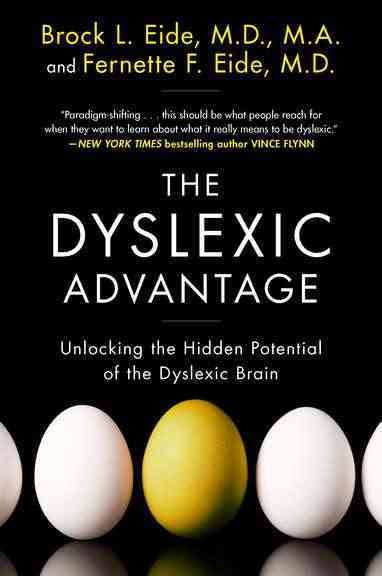
Wrightslaw: From Emotions to Advocacy
The Special Education Survival Guide
From Emotions to Advocacy, second edition will teach you how to plan, prepare, organize and get quality special education services. In this comprehensive, easy-to-read book, you will learn your childs disability and educational needs, how to create a simple method for organizing your childs file and devising a master plan for your childs special education. You will understand parent-school conflict, how to create paper trails and effective letter writing. This book includes dozens of worksheets, forms and sample letters that you can tailor to your needs. Whether you are new to special education or an experienced advocate this book will provide a clear roadmap to effective advocacy for your child. You will use this book again and again.
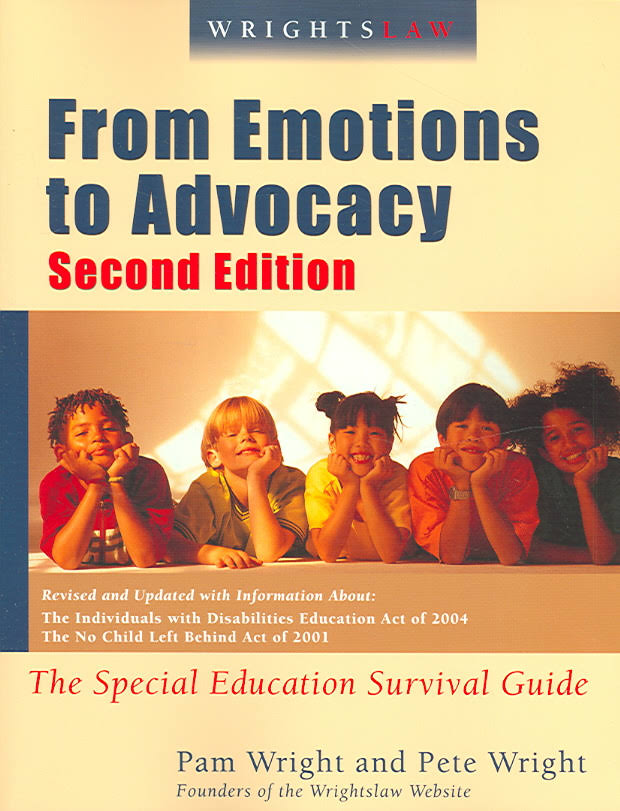
Thank You, Mr. Falker
Patricia Polacco is now one of America’s most loved children’s book creators, but once upon a time, she was a little girl named Trisha starting school. Trisha could paint and draw beautifully, but when she looked at words on a page, all she could see was jumble. It took a very special teacher to recognize little Trisha’s dyslexia: Mr. Falker.
